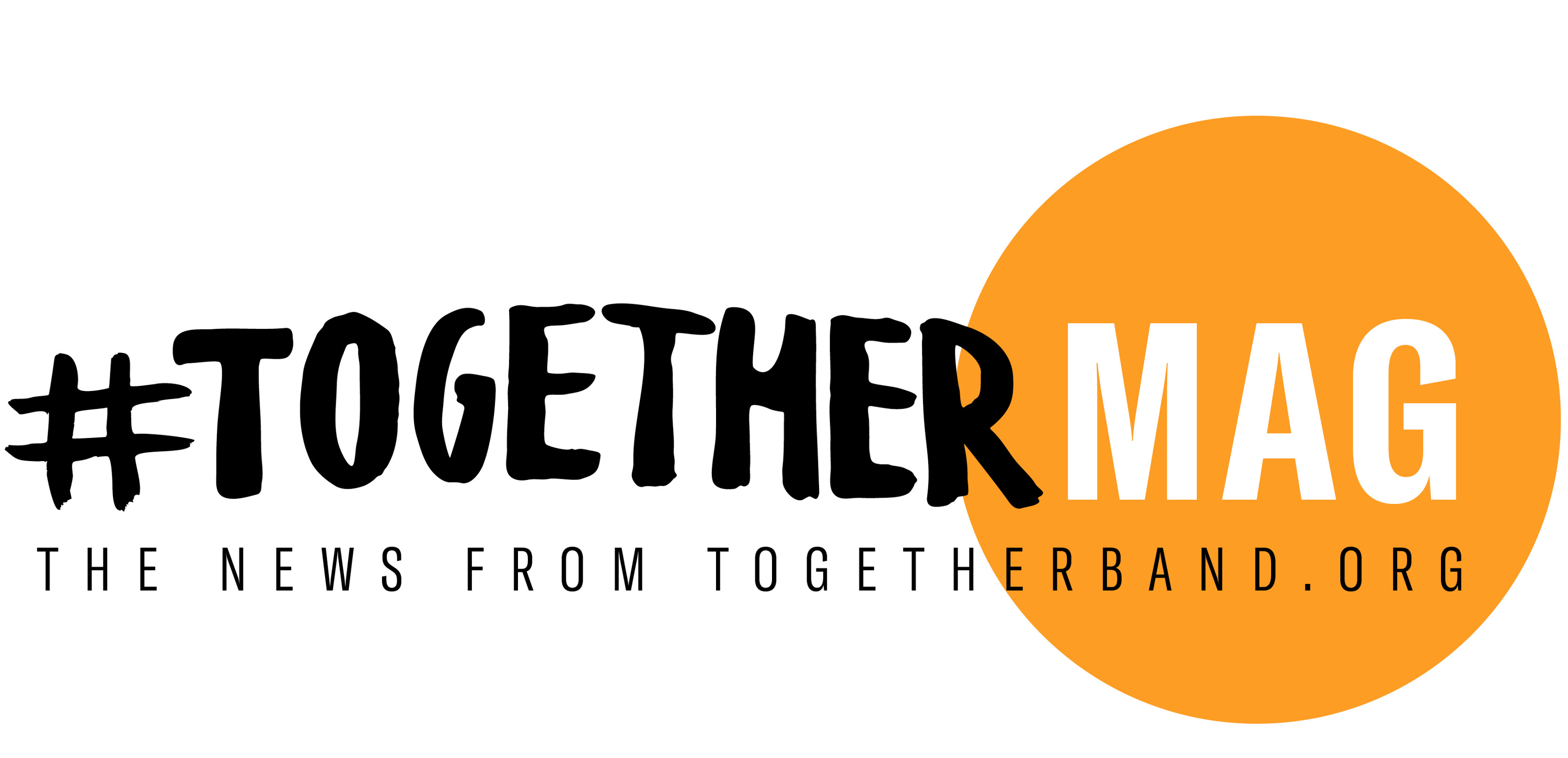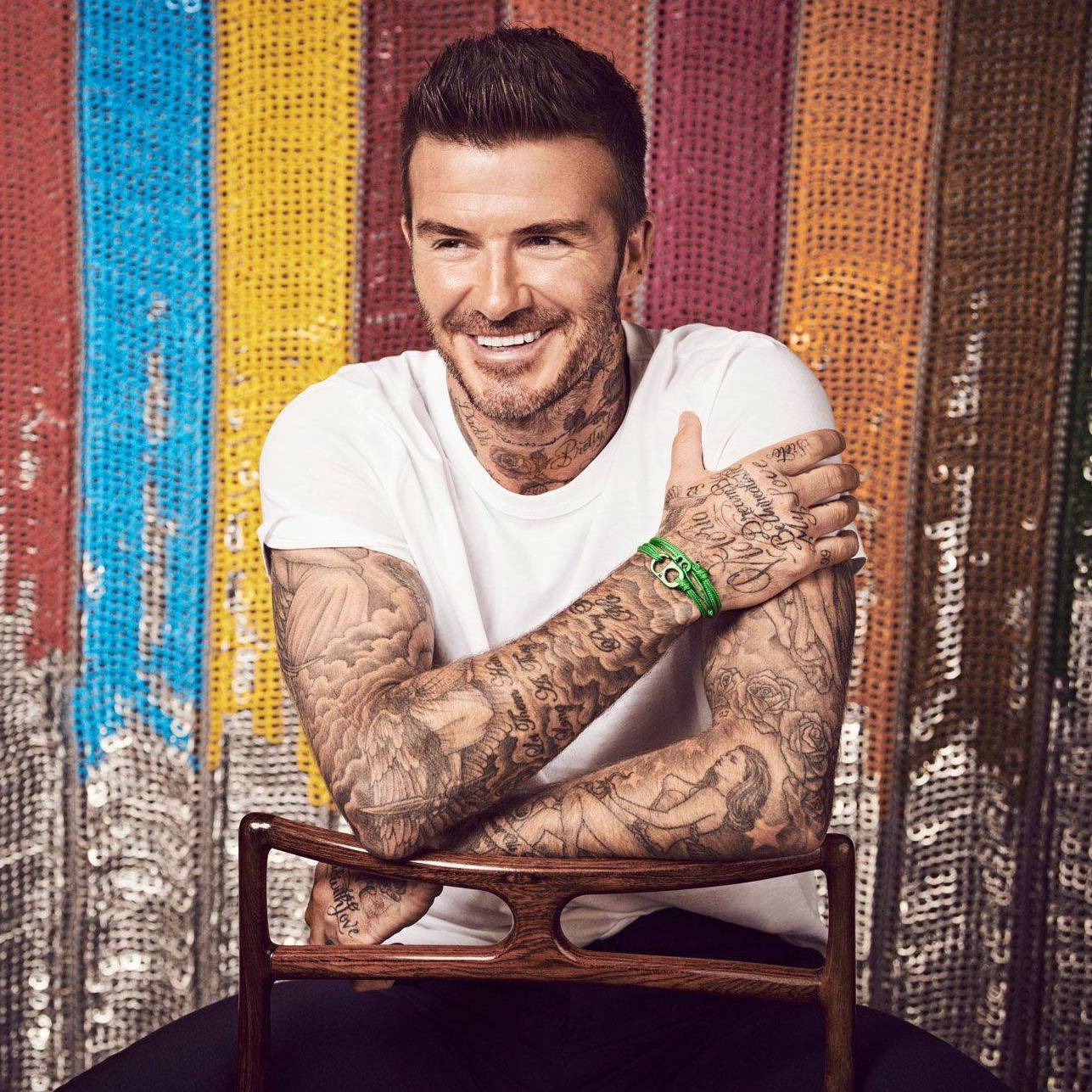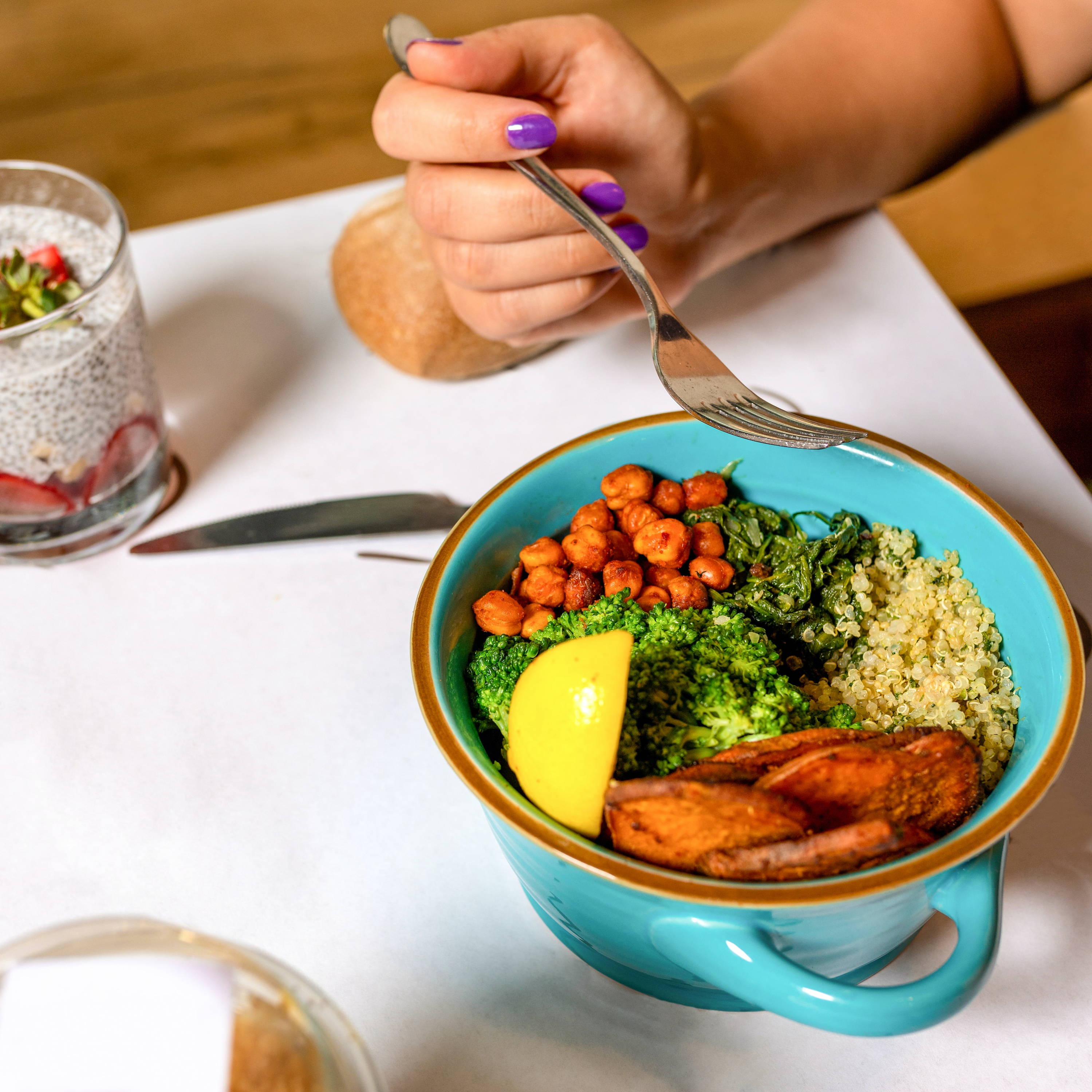
Goal 3: Good Health And Well-being
Mental Health And The World Of Sport
Former England rugby player Austin Healey joins #TOGETHER FOR HEALTH to talk about the importance of SDG 3 in the world of sports.
By Jessica Jurkschat
20 July 2022
Austin Healey is a former English rugby union player who played as a utility back for Leicester Tigers, and represented both England and the British & Irish Lions. Nicknamed “The Leicester Lip,” he’s famously competitive and outspoken, and has worked in the media since his retirement. We spoke with Austin to talk about Good Health and Well-being in the world of sport, and how to stay motivated during challenging times.
What is your earliest memory of sport? What age did you start playing rugby and at what moment did you know that you wanted to dedicate yourself to playing rugby as your career?
My favourite memory of sport was when I was about eight years old, when I was playing minis rugby for Birkenhead Park and I scored a hat-trick in a game. I remember arching my back to try and escape being tackled for the last try – that was a very early one. It was in north Wales, I think, that we were playing, or maybe Chester. I supposed I decided that rugby was going to become more than just a hobby, probably when I was about 17 or 18. You don’t really know that you’re going to be a professional sportsman even at that age. You’ve got to have that mindset that you’re committed to being that, and I think it was at that point that the switch flicked.
Being a professional athlete is one of the toughest and most challenging things anyone can choose to do, what inspired you to keep going?
There are several things that inspire you to keep going through the difficult times of being a professional sportsman, one of which is the fact that it’s your job, you love doing it, and you’re supposedly good at it. Those bits are easy. The difficulty comes when things don’t go so well for you, when you get injured or you go through a bad spell or form. That’s probably when you need your teammates and good family and support more than anything else. Once you’ve got that, you can overcome everything really. It’s just time, all you need is time. It’s the one thing that is a very precious commodity of being an elite sportsperson because your window of opportunity is relatively small.
How do you keep positive and motivated after a loss?
Staying positive after a loss is actually quite easy. In a lot of ways, losing at the right time in the season is a good thing. It gets you angry and gives you an extra bit of drive. As long as you don't lose the last game of the season or the finals, it's never always that bad.
Sport and physical activity have a powerful effect on mental health. How did it impact yours during your career?
You’ve got to be really robust mentally to do rugby as a career. You go through lots of highs and lows but if you don’t believe in yourself and understand that everything’s not going to come easy, you’ve got to work hard, you’re going to go through the mill, go through some shit and get your head kicked in. But ultimately, you’ve got to be positive and believe that the outcome at the end of it all is far greater than the pain that you go through to get there. I think that having good positivity and good belief in self-talk – and sometimes even arrogance – is a good thing as a professional sports person. As long as you self-talk yourself through the difficult times and you can believe that you can overcome anything, then more often than not, you’re right. Someone told me that ‘if you believe you can or you can’t, you’re always going to be right.’
Rugby is an intensively physical sport. What role does nutrition play in your training program and did it evolve through your career?
Nutrition had a huge part to play particularly from the amateur days to the professional era. We've gone into eating whatever you want and drinking 20 beers in a weekend to being actually very, very precise in your intake with carbs, proteins, nutrients and supplements. Before the World Cup we were getting up at 4AM to Take a protein synthesiser every single day. An alarm would go off and you wouldn't even know if it worked, but you took it because you thought it might give you 1% more, and also that your teammates were taking them and you didn't want to let them down.
What does the term self-care mean to you? What day-to-day things, other than physical training, do you do to maintain good health and well-being?
The term self-care means more the older you get, as a sportsperson, and as a human being to be honest. When you’re in your 20s your self-care goes out the window a little bit. Being a sportsman, you’re encouraged by others to look after yourself as much as you can. And when you’re in intense periods of competitions, you can go after really long periods of looking after yourselves. But equally, you need a little bit of a break where you just let yourself go. Some of that is just getting a mental rebalancing to have some fun outside of your sport and have some sort of escapism. On a day-to-day basis, your physical training is there to maintain your body, your good health, and your well-being.
There’s more of a spotlight on mental health in sport than ever before. What can and should be done to support athletes’ mental health needs?
I think there's an awful lot that can be done to improve athletes' mental health and well-being but I think it has to start with the athlete themselves. You've got to be robust. You've got to realise that no one gives it to you. No one puts it on a plate and says 'here you go, take it. It's yours.' You have to roll with the punches. You've got to be hard nosed. You can be as talented as you'd like but if you haven't got that mental resilience and a good starting point, you're going to find professional sport difficult.
One of the targets of SDG 3 is to promote mental health and well-being and reduce premature death from non-communicable diseases. In your experience, how are teams, governing bodies or other sports organisations helping reduce the stigma and prejudice around mental health and are they doing enough?
I’ve seen a massive shift in the last 5 to 10 years of governing bodies, teams and clubs going the extra steps to help their players to protect them and to improve their mental health. I think clubs now in the last decade, and the unions in rugby, have made huge strives – both for players and players that have retired even 20 years ago. Some of the things that they’re doing now for brain mapping and the ability for people to get free testing and free health care is admirable and one that I hope will continue across as many sports as possible. You play the sport at its highest level and you take the accolades fully aware that maybe after that you’re going to have to deal with some problems. It’s very difficult dealing with those problems by yourself when you’ve left an environment that has got full A-Z care for you. When you retire, you’ve basically got A-A care and you have to start finding it yourself. Now, unions and clubs have changed and they’ve really started to look after their players, which is brilliant to see.
Who are you sharing your second Goal 3: Good Health and Well-being #TOGETHERBAND with and why?
I’m going to share my Goal 3 #TOGETHERBAND with my wife. We’ve been through all of it – my professional career, my career after sports, all the children – and it’s good having a mate and a teammate when you’re getting into your 50s and looking towards the next 20 years of your life and how to be as fit and healthy as you possibly can together – to enjoy each other.
100% of profits from the sales of #TOGETHER products go to charities that advance the Sustainable Development Goals. Find out more here.



